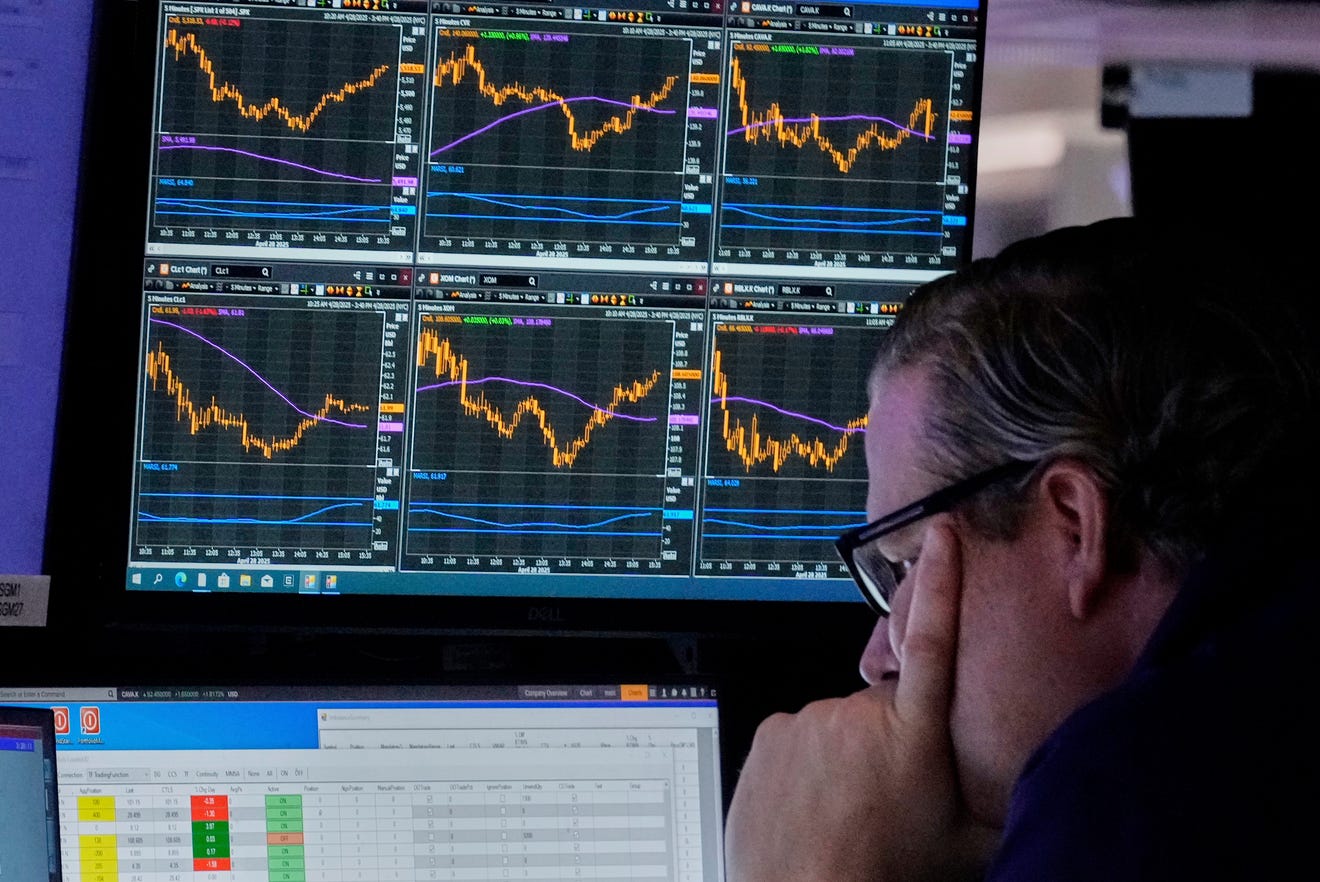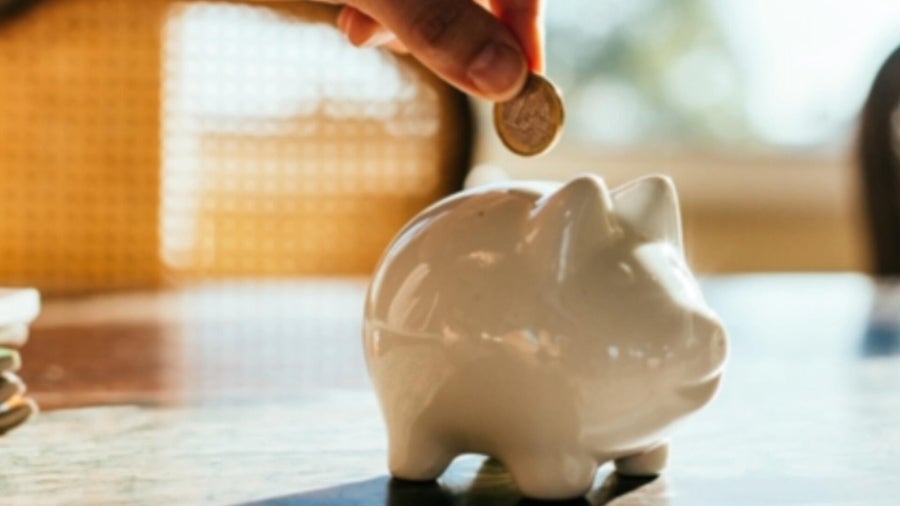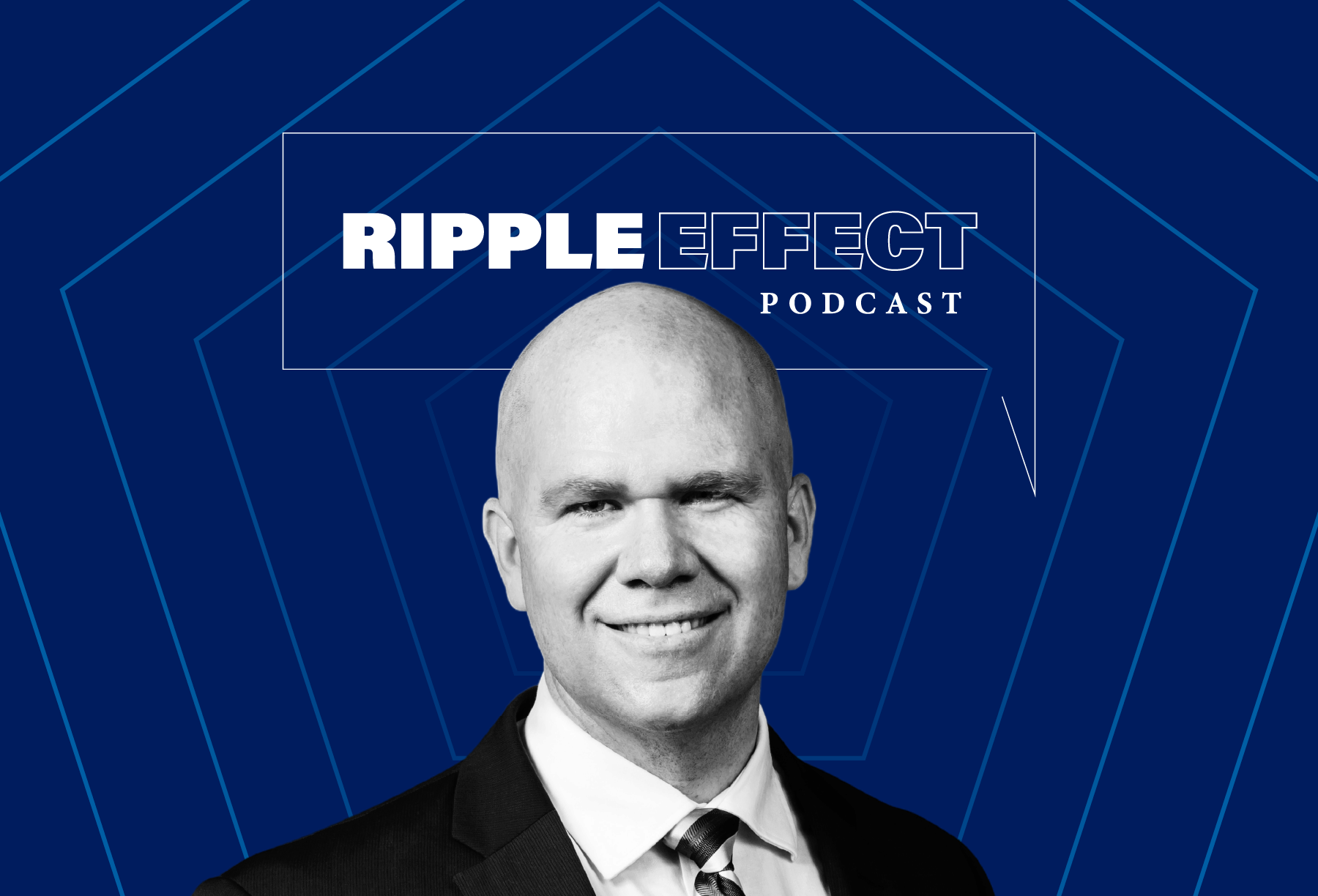Financial markets are experiencing significant turbulence, and consumer confidence has dipped to its lowest in five years. As economists predict increasing recession risks, many Americans are facing a climate of economic uncertainty. A recent poll by the Associated Press-NORC Center of Public Affairs Research reveals that about half of U.S. adults believe that President Trump’s trade policies will lead to a substantial rise in prices. Additionally, approximately half of the population is extremely or very concerned about the potential for a recession in the coming months. According to Matt Watson, CEO of Origin, a financial planning app, uncertainty is a universal experience, even among financial experts. ‘No one has a crystal ball,’ Watson says. ‘Even seasoned professionals cannot predict the future with certainty.’ In light of these circumstances, financial experts offer several strategies to mitigate the impact of economic uncertainty.
Understanding Your Financial Position
The first step in preparing for financial instability is to assess your current financial situation. Watson emphasizes the importance of being aware of your monthly expenditures. A thorough examination of your budget and savings can provide insight into your overall financial health.
Cutting Back on Nonessential Expenses
Reducing nonessential expenses now can help build a financial cushion for the future. Watson advises that it’s easier to cut back now rather than later. Jim Weil of Private Vista suggests categorizing expenses into needs, wants, and wishes, with the latter being larger expenses that can be postponed.
Prioritizing Mental Health
Economic news can be overwhelming, leading to increased anxiety. Courtney Alev from Credit Karma advises that while staying informed is important, it is equally crucial not to let the news cycle dominate your thoughts. Seeking professional help, such as financial therapists, can be beneficial if financial stress becomes unmanageable.
Focusing on Controllable Factors
Rather than worrying about the broader economy, Alev recommends concentrating on personal financial aspects that can be controlled. This includes budgeting, building an emergency fund, and cutting unnecessary expenses.
Building an Emergency Fund
An emergency fund is essential for financial security, especially during uncertain times. Alev advises reassessing your budget to create an emergency fund, ideally covering three to six months of expenses. Weil suggests planning for any significant future financial commitments when establishing this fund.
Regular Financial Check-Ins
Alev advocates for monthly financial reviews to keep budgets aligned with financial goals. Regular check-ins can highlight overspending or changing financial needs, allowing for necessary adjustments.
Managing Debt Strategically
Debt management is crucial, particularly when aiming to save for emergencies. Weil recommends differentiating between short-, medium-, and long-term debt, prioritizing high-interest debts like credit cards. Paying down these debts more aggressively can aid in financial stability.
Maintaining a Calm Approach to Investments
Despite stock market volatility, Alev advises against making hasty investment decisions. Long-term investments, especially retirement accounts like 401(k)s, should be approached with a level-headed strategy. Alev suggests considering more conservative investments for those nearing retirement.
Note: This article is inspired by content from https://www.detroitnews.com/story/life/2025/05/04/tips-for-handling-your-finances-in-a-time-of-economic-uncertainty/83406724007/. It has been rephrased for originality. Images are credited to the original source.







